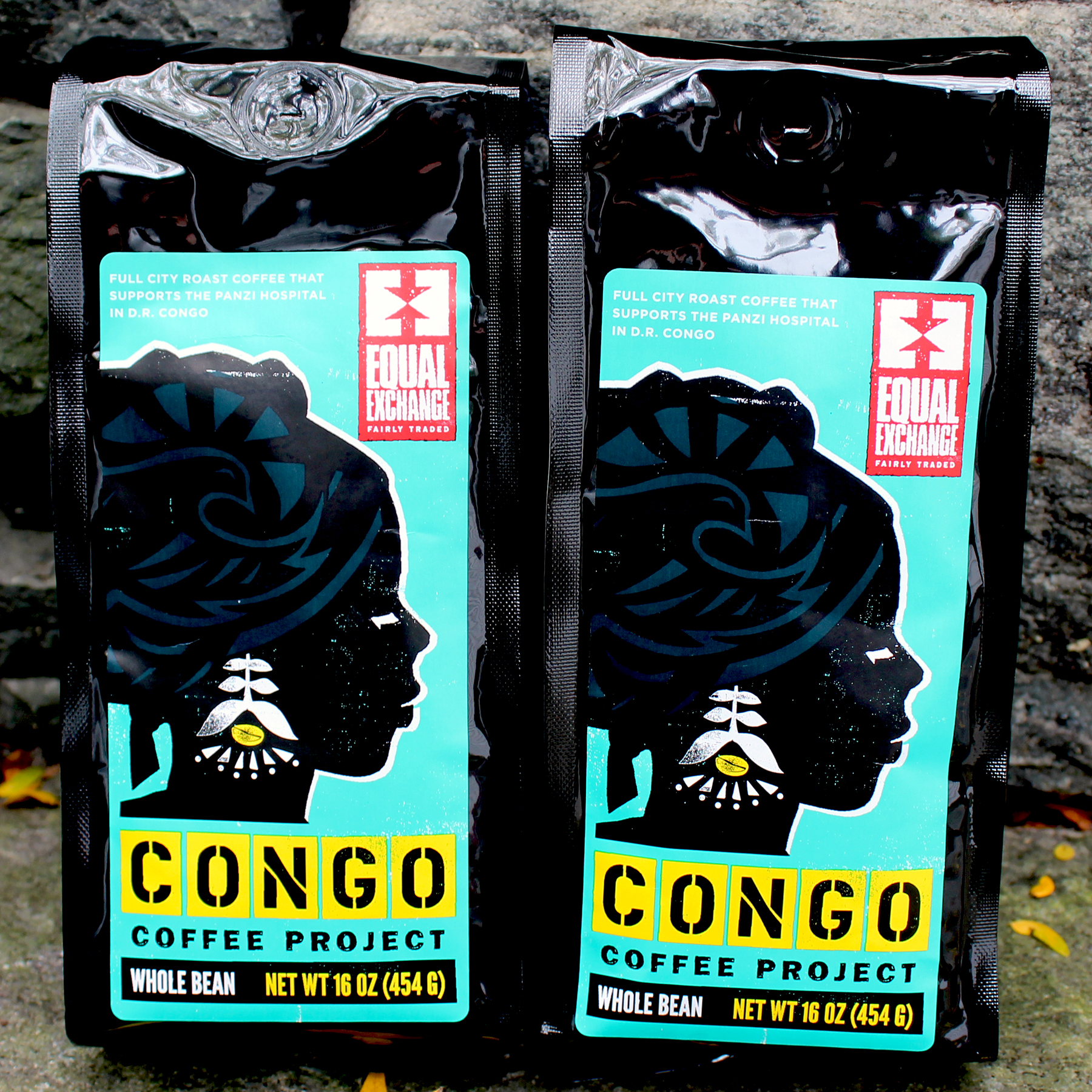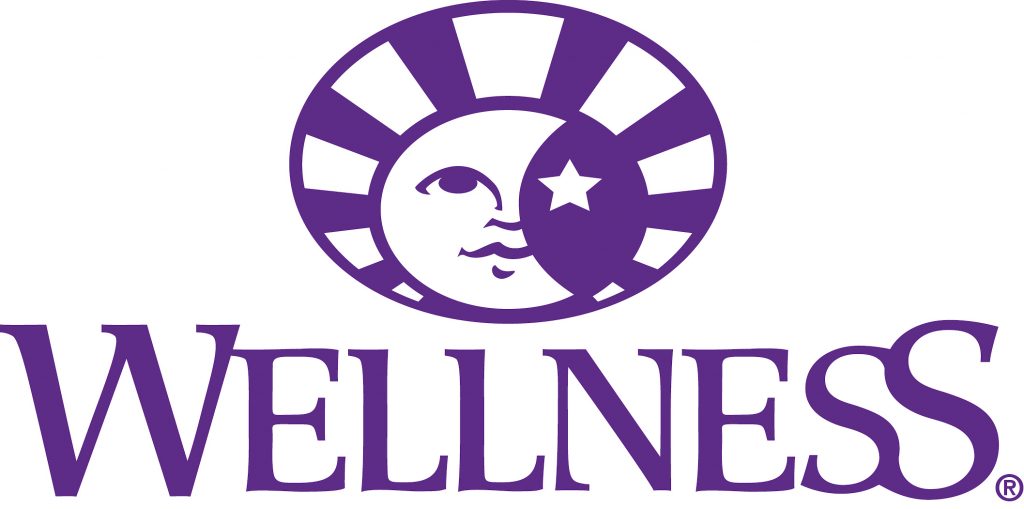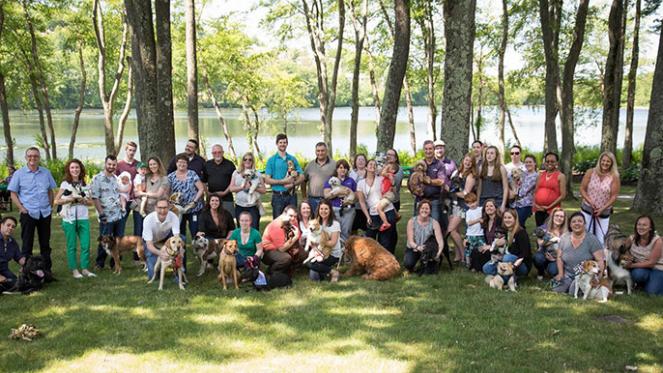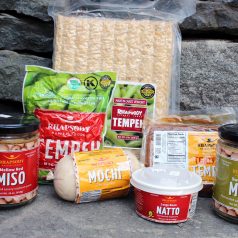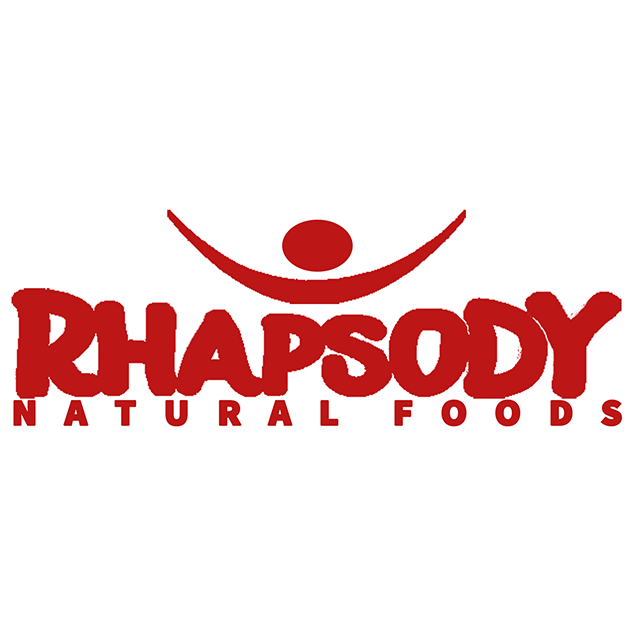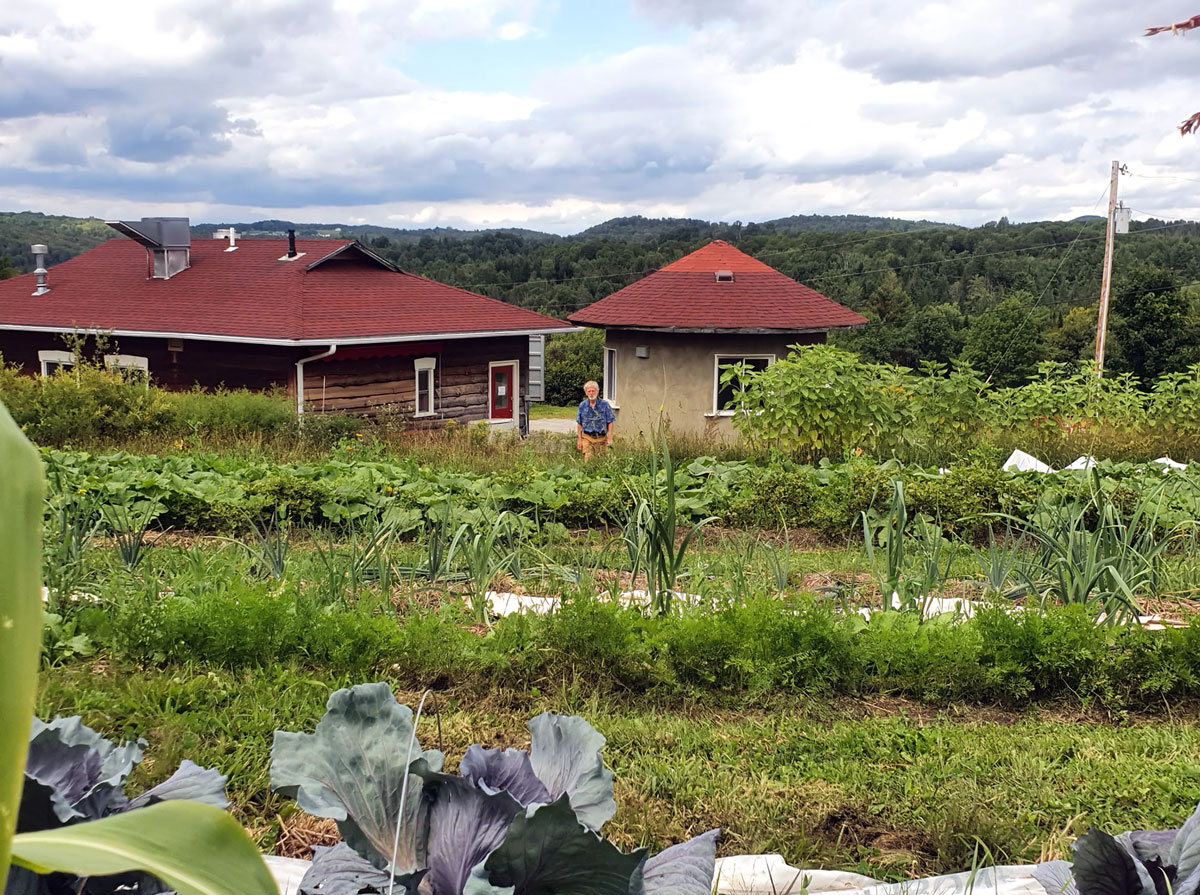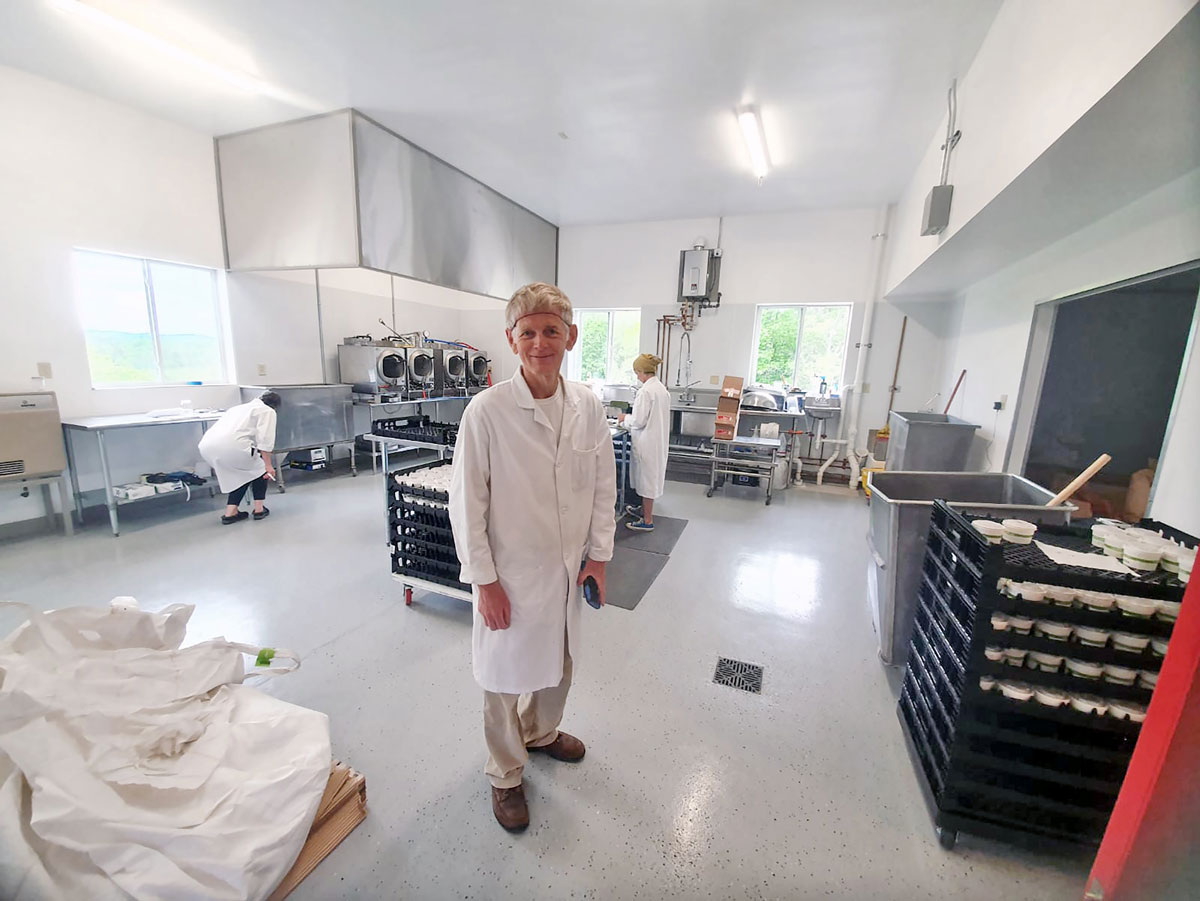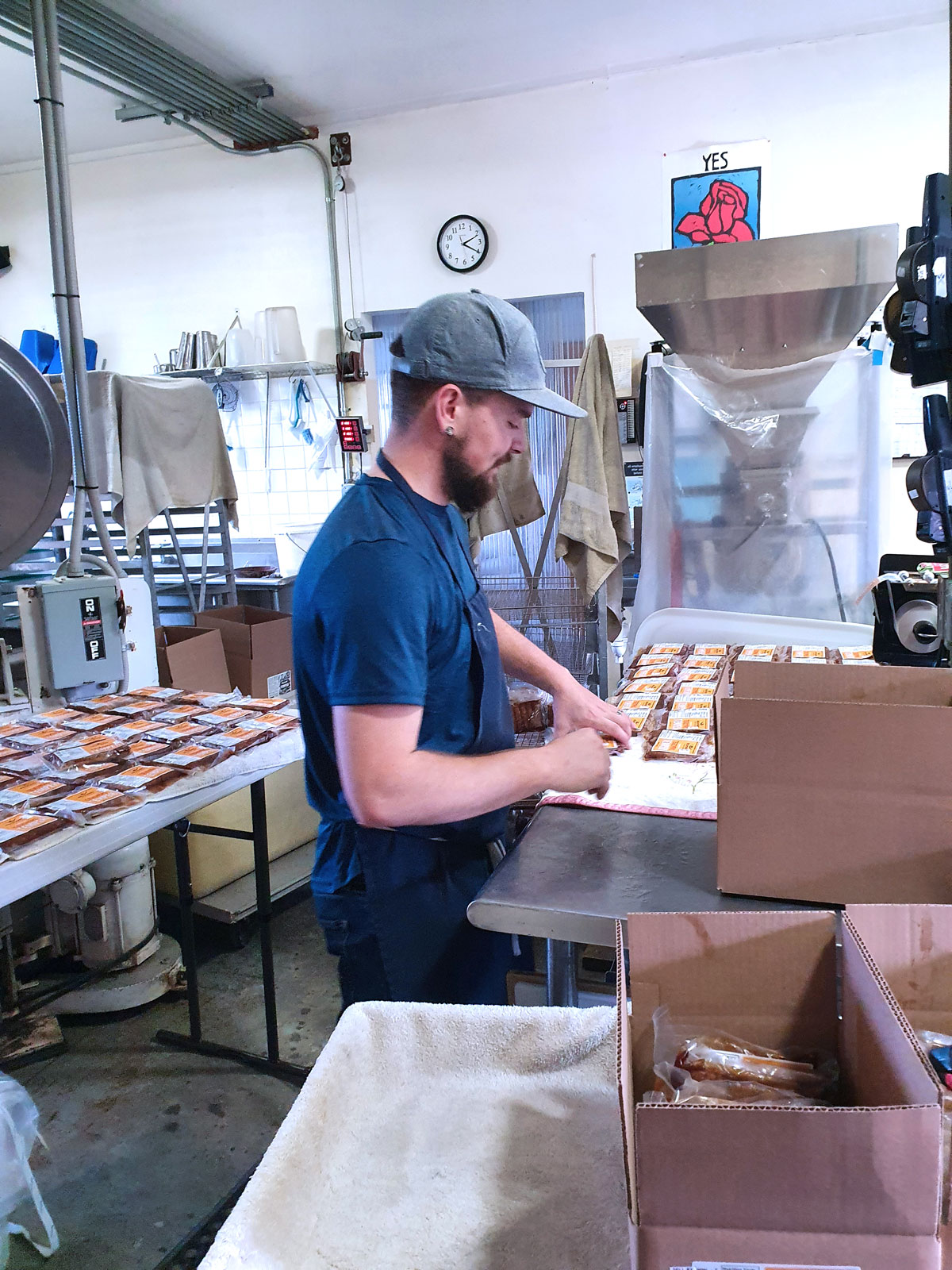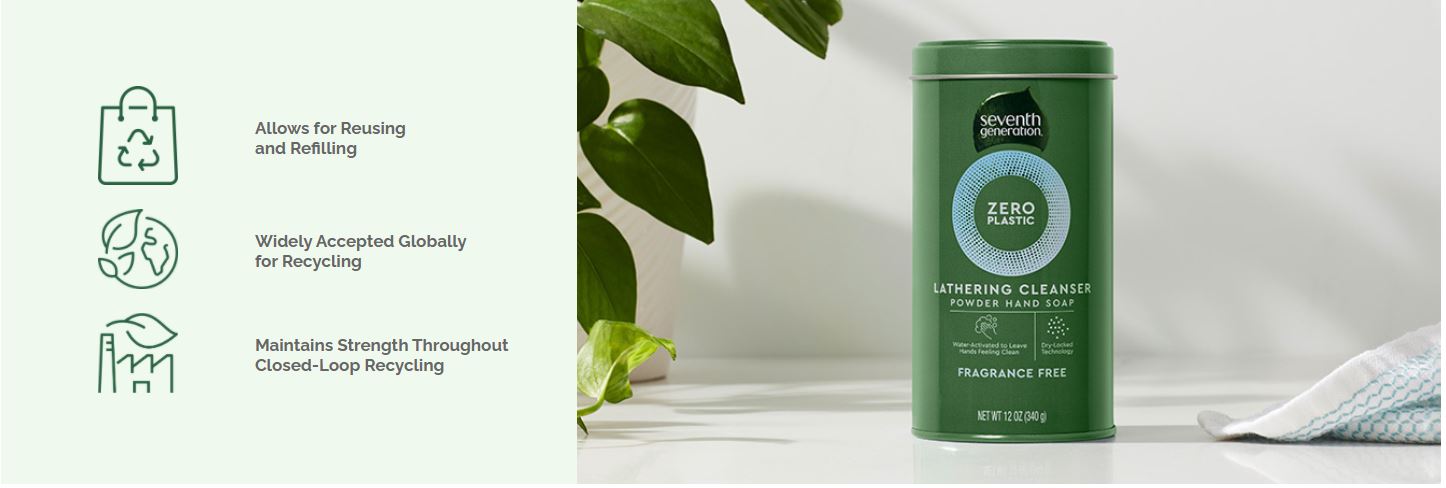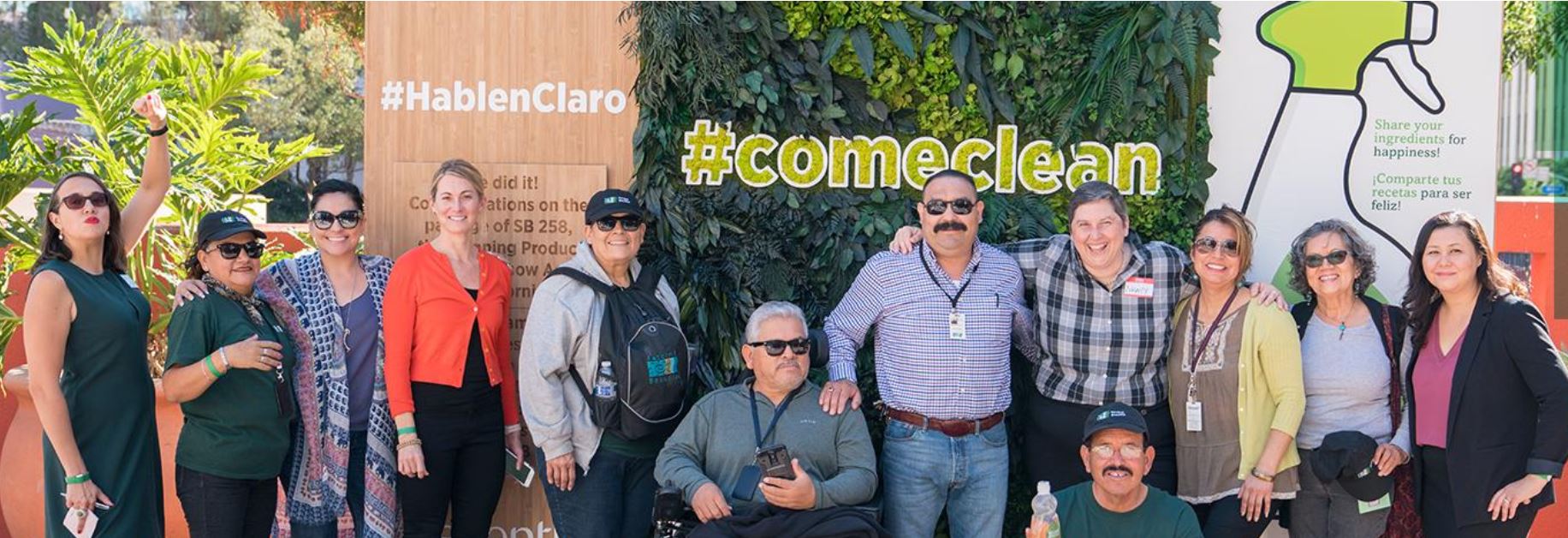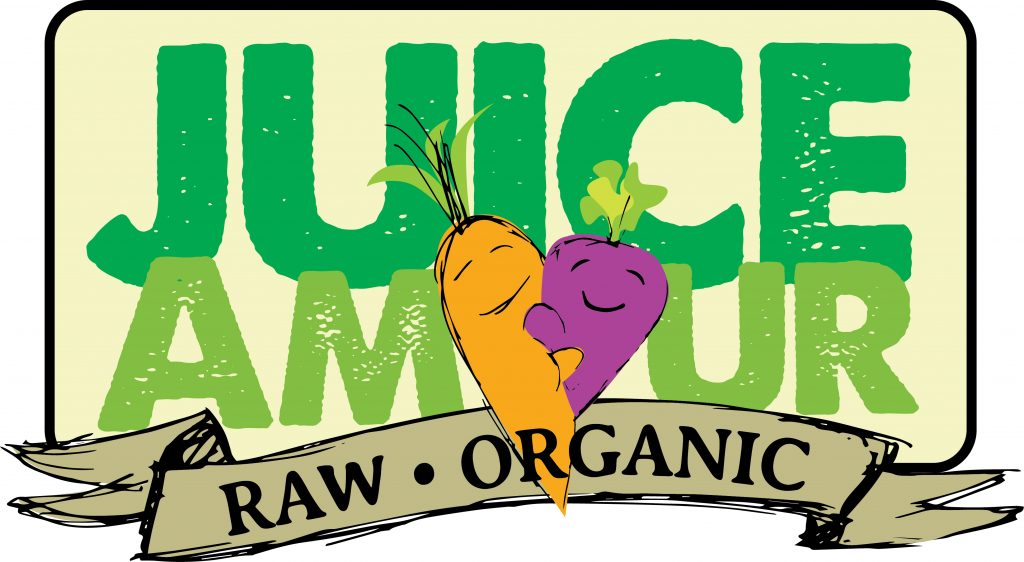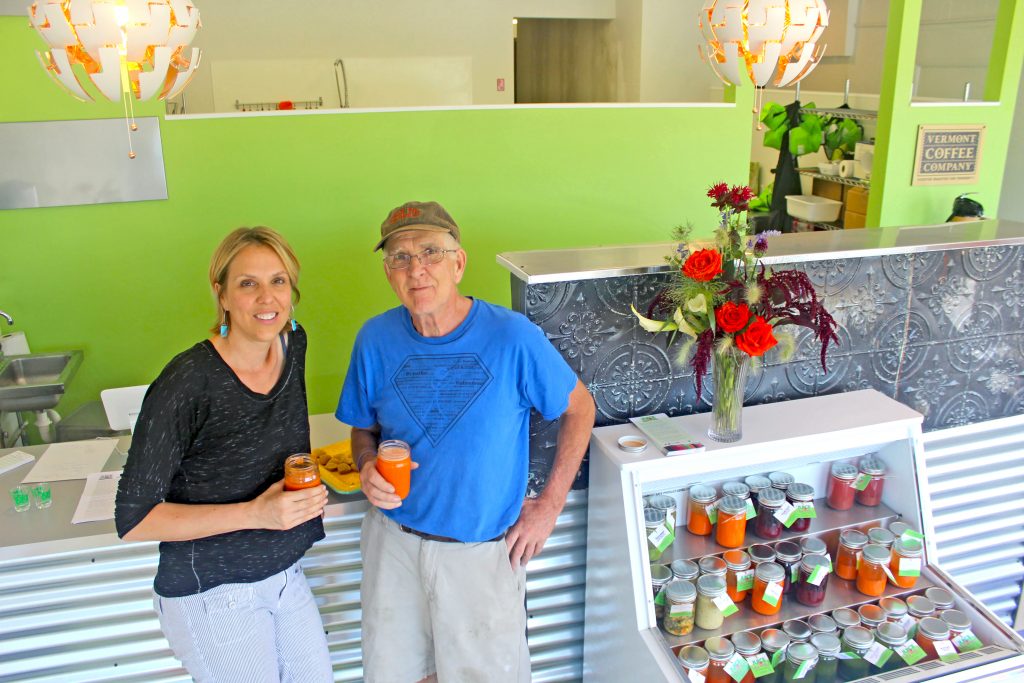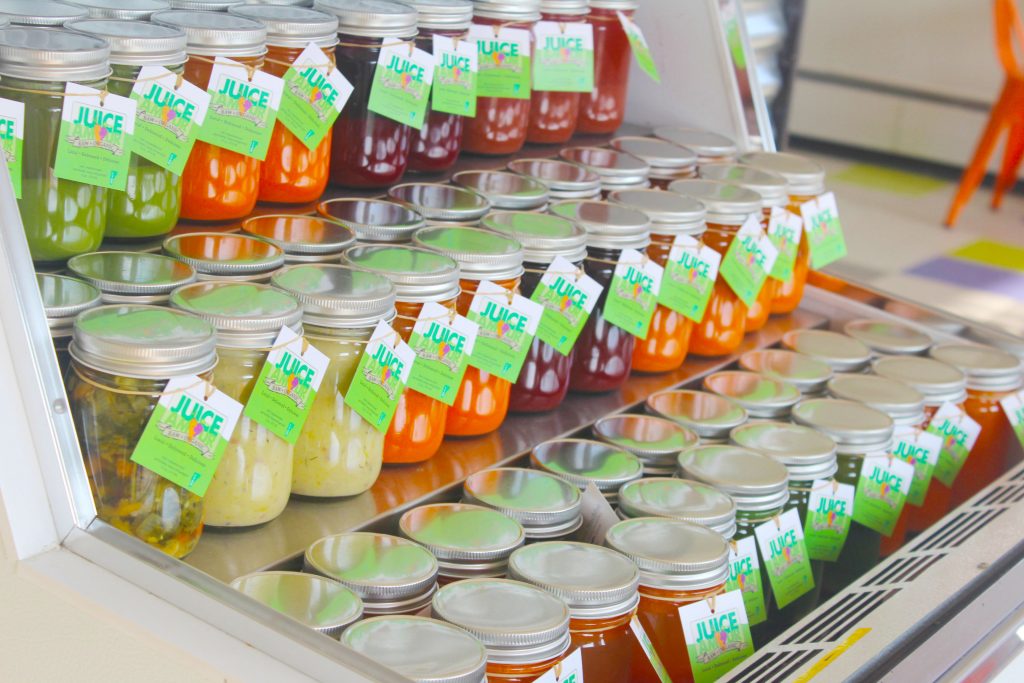
Musings on Democracy as Practiced at our Co-op.
As I look at the myriad bills presented across the country right now designed to limit access to voting – and as I remember with horror the January 6 insurrection at our nation’s Capitol by folks refusing to believe the results of the November 2020 election – I find a glimmer of hope in how we practice democracy at MNFC.
What IS democracy? Many of us believe this is our ability to cast a vote. The history of our country is partially a tale of who has had the right to vote, how, and when. Years ago, I painted the posthumous portrait of Marilla Ricker (1840-1920) for the New Hampshire statehouse in Concord. A young widow, with property and means who paid taxes, she was not allowed to vote because she was a woman. She is known to have said, “This is taxation without representation!” at her little town hall in Dover, NH. She walked in every year to try to cast her vote. A freethinker, she spent her life as a suffragist and also became the first woman lawyer in NH, as well as one of the first women in the nation to argue a case before the US Supreme Court. She died in 1920, just after the first election in which women were allowed to vote; it’s not known whether she was physically able to get to the polls to cast her vote.
We know intuitively that an active and healthy democracy is much more than voting, however. True participation has preconditions: the freedom to express one’s opinion, and the opportunity for active participation in the conversations and arguments around the issues and candidates for whom we cast votes. Howard Zinn describes democracy as more than a series of votes: it is a series of actions. We also know that the process by which we select our leaders matters.
At MNFC, collectively owned by US, we are our member-owners. We are our democracy. our participation, our care, our questions, the flow of ideas as we develop policy and make decisions, all of this is integral to the cooperative model. Our board meetings are open to the public. I speak for the board when I say, we welcome all questions and concerns.
All member-owners have opportunities to engage and participate in conversations about our values. I dream that the ways the coop model practices democracy could serve as a model for our country: no gerrymandering, no electoral college, fewer regulations on when and how to vote, no ID laws, no disenfranchising voters based on their color, race, or identity, no long lines because of closed polling places.
Every spring, member-owners are invited and encouraged to participate in our annual May election. For the most part, the May election is exclusively focused on Board of Director elections. Each year one-third of the board is up for re-election and new candidates are encouraged to run through an extensive outreach process.
This year there is a record number of candidates (12) for the four open seats on the Coop’s board of directors. Of the 12 candidates, four are incumbents, all of whom served as we collectively navigated the stormy seas of the pandemic and resulting economy. Eight candidates are community members: farmers, producers, educators, coaches, health providers – each a member-owner of our vital organization — with a variety of perspectives and life experiences.
A board candidate does not need to be wealthy or “connected” to run. They simply need to be a member-owner, interested in the mission of MNFC, and open to exploring how the board of directors functions before choosing to run.
As a member-owner, we get to choose the design of our board of directors. Does the board reflect our community? Are there folks with skill sets (finance, legal, communications/ marketing/education, health, agriculture) that enhance the board’s intelligence? Is the board balanced by gender, race, socioeconomic status, and age?
And May right now is our election month. Each member-owner votes for board candidates and access to voting lasts all month long – electronically – see below for more details. Watch your regular mail for our annual report that includes the ballots with all the candidates’ profiles and instructions for casting your vote.
To vote, you need to be a member-owner. In my household of two, I am the member-owner. If my husband wishes to vote, then he needs to become a member-owner as well.
If you have any issues with the electronic interface – such as no computer or Wi-Fi connection — please bring your ballot into the Coop with you on a shopping day and a staff member will help you go online to cast your vote in the store.
I relish the notion that we are member-owners of MNFC voting with our minds and hearts, not simply consumers voting with dollars. Thank you for being part of the conversation.
If you have any questions, or want to know more about any of the candidates, please don’t hesitate to contact Amanda at apawarren@gmail.com
We will announce the winners at this year’s Annual Meeting, held remotely on June 2, at 6:30 pm. Click HERE to find out more.
If you are a member-owner, and would like more information about how to vote in this year’s Board of Directors Election, please click HERE to find out more.
Kate Gridley is a Middlebury Natural Foods Co-op Board Member



